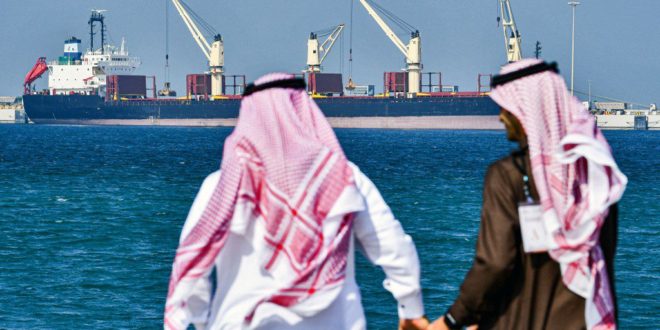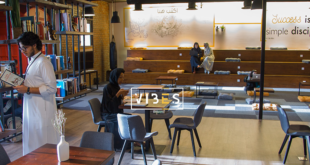The Gulf Cooperation Council (GCC) countries have long been synonymous with oil, boasting vast reserves that have fueled their economies for decades. However, recognizing the inherent risks of over-reliance on a single resource, GCC nations have been proactively working towards diversifying their economies, aiming to reduce their dependency on oil and pave the way for sustainable and resilient growth. These efforts, marked by ambitious initiatives and innovative strategies, have been a game-changer for the region, setting the stage for a promising economic future.
- Vision 2030: A Bold Blueprint for Change Saudi Arabia, the largest GCC nation, took the lead with its transformative Vision 2030 plan. Launched in 2016, this ambitious roadmap envisions a Saudi Arabia that is less reliant on oil revenues and more focused on a diversified, vibrant economy driven by sectors like tourism, entertainment, manufacturing, and technology. With investments in infrastructure, education, and healthcare, Vision 2030 seeks to create a thriving society and dynamic business ecosystem that attracts international investors.
- UAE: A Hub for Innovation and Technology The United Arab Emirates (UAE) has been leveraging its strategic location and investing heavily in becoming a global hub for innovation and technology. The establishment of free zones and cutting-edge infrastructure has attracted multinational corporations, startups, and research institutions, creating a fertile ground for entrepreneurship and research-driven economic growth. Dubai, in particular, has emerged as a leading tech and finance hub in the region, offering diverse opportunities beyond oil.
- Qatar’s World Cup Legacy Qatar’s decision to host the 2022 FIFA World Cup has sparked a flurry of infrastructural developments, along with investments in tourism, hospitality, and sports industries. These initiatives aim to diversify Qatar’s economy and establish it as a major destination for international events and visitors, reducing its dependence on oil and gas exports.
- Oman’s Industrial and Logistics Zones Oman has been actively promoting its Special Economic Zones and Industrial Estates, providing attractive incentives to businesses and investors. These zones, coupled with the nation’s focus on developing its manufacturing and logistics capabilities, have bolstered Oman’s efforts in diversifying its economic base and attracting foreign direct investments.
- Kuwait’s Economic Vision 2035 Kuwait unveiled its Economic Vision 2035, targeting a diverse economy that encompasses financial services, healthcare, education, and tourism, among other sectors. By investing in human capital and fostering a business-friendly environment, Kuwait aims to move away from its reliance on oil and develop a thriving, knowledge-based economy.
- Bahrain’s Financial Services and Tourism Focus Bahrain has been steadily transforming itself into a leading financial hub in the region. By nurturing its financial services sector and investing in tourism and hospitality, the country is reducing its oil dependency and positioning itself as an attractive destination for international investors and tourists alike.
Conclusion: The GCC’s concerted efforts to diversify their economies beyond oil dependency have yielded remarkable results, laying the groundwork for sustainable growth and economic resilience. These visionary initiatives have propelled the region towards a more diversified and inclusive future, fostering innovation, attracting foreign investments, and nurturing a highly skilled workforce. As the GCC nations continue their journey towards economic diversification, the world watches with admiration and anticipation, recognizing the potential for a new era of prosperity and opportunity in the Gulf.
 khaleejmirror.com khaleejmirror.com
khaleejmirror.com khaleejmirror.com



